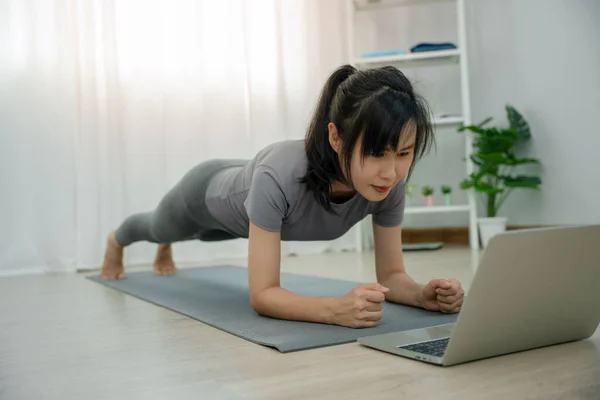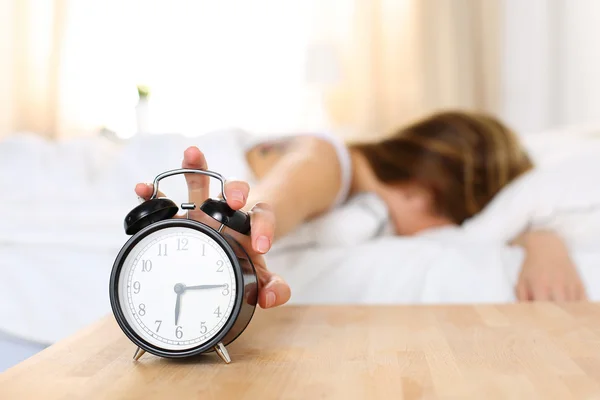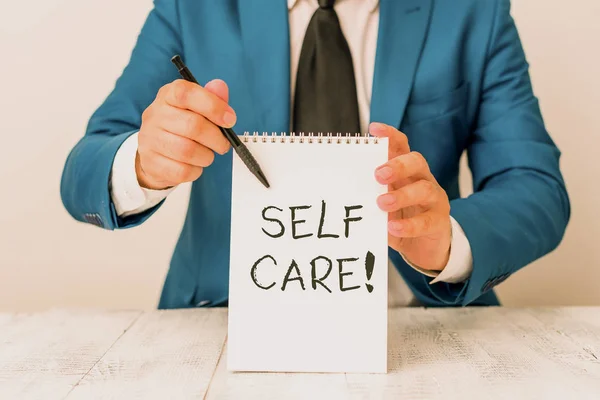
8 simple ways to reduce stress and improve your well-being
Stress is a common and inevitable part of modern life. With busy schedules, demanding work environments, and an ever-increasing list of responsibilities, it can be challenging to find ways to unwind and take care of our well-being. However, reducing stress and improving our overall well-being is crucial for maintaining a happy, healthy, and balanced life.
The good news is that there are many simple and effective ways to reduce stress and improve well-being, even with a busy schedule. From exercising regularly to practicing gratitude and positive thinking, these 8 simple ways to reduce stress and improve your well-being can help you feel better both physically and mentally.
So, whether you're feeling overwhelmed by the demands of daily life or simply looking for ways to boost your overall well-being, this article is for you. We'll explore 8 simple and effective ways to reduce stress and improve your well-being, so that you can start feeling better, both inside and out. So sit back, relax, and let's dive in!
Exercise regularly 

Exercise is one of the best things you can do for your body and mind. Not only does it help you stay in shape and maintain a healthy weight, but it also helps reduce stress and improve your overall well-being. Regular exercise releases endorphins, the body's natural feel-good chemicals, which can help improve mood, reduce anxiety, and boost overall happiness.
But with busy schedules, it can be challenging to find time for exercise. The good news is that you don't have to spend hours at the gym to reap the benefits of exercise. Just a few minutes a day can make a big difference. Here are a few simple tips to help you get started:
Make a schedule: Set aside a specific time each day for exercise and stick to it, even if it's just a quick walk around the block.
Find an activity you enjoy: Whether it's yoga, running, or dancing, choose an activity that you enjoy and that you look forward to doing.
Exercise with a friend: Having a workout buddy can help make exercise more enjoyable and keep you motivated.
Mix it up: Try different types of exercise to keep it interesting, such as taking a dance class one day and going for a hike the next.
So whether you're a fitness buff or just starting out, regular exercise is a simple and effective way to reduce stress and improve your well-being. So grab your sneakers, hit the pavement, and start feeling better, both inside and out
Practice mindfulness and meditation

Mindfulness and meditation are ancient practices that have been used for centuries to reduce stress and improve well-being. By bringing awareness to the present moment and letting go of negative thoughts and worries, mindfulness and meditation can help reduce stress, improve mood, and promote a sense of calm and inner peace.
The best part is that anyone can practice mindfulness and meditation, regardless of their background or experience. Here are a few simple tips to get started:
Find a quiet place: Find a quiet and calm place where you can sit or lie down and focus on your breathing.
Focus on your breathing: Pay attention to your breathing, letting go of any thoughts or worries and simply focusing on each inhale and exhale.
Start with a short time: If you're new to mindfulness and meditation, start with just a few minutes a day and gradually increase the time as you feel comfortable.
Use guided meditations: There are many free guided meditations available online or through meditation apps that can help you get started.
So if you're looking for a simple and effective way to reduce stress and improve your well-being, give mindfulness and meditation a try. It may just be the inner peace and calm that you've been searching for.
Get enough sleep

It's no secret that a good night's sleep is essential for our physical and mental health. Sleep helps our bodies recover and recharge, and a lack of sleep can have serious consequences for our well-being, including increased stress, decreased productivity, and a weakened immune system.
However, with busy schedules and endless distractions, getting enough sleep can be a challenge. Here are a few simple tips to help you get the sleep you need:
Stick to a schedule: Try to go to bed and wake up at the same time each day, even on weekends.
Create a sleep-friendly environment: Make sure your bedroom is cool, quiet, and dark to promote better sleep.
Limit screens before bedtime: The blue light emitted by screens can interfere with sleep, so avoid using electronics for at least an hour before bedtime.
Try relaxation techniques: Relaxation techniques such as deep breathing, stretching, or taking a warm bath can help you wind down and prepare for sleep.
So if you're feeling stressed and overwhelmed, don't underestimate the power of a good night's sleep. A few simple changes to your sleep routine can make a big difference in your overall well-being. So turn off the screens, climb into bed, and get ready for a good night's sleep!
Eat a balanced diet

We all know that eating a healthy diet is important for our physical health, but did you know that it can also have a major impact on our mental well-being? What we eat can affect our energy levels, mood, and ability to handle stress, making it a crucial part of our overall well-being.
But with so many diets and eating plans out there, it can be hard to know what a balanced diet actually looks like. Here are a few simple tips to help you eat for better mental health:
Include a variety of whole foods: Focus on eating a variety of whole, unprocessed foods such as fruits, vegetables, whole grains, lean proteins, and healthy fats.
Limit sugar and processed foods: High sugar and processed foods can have a negative impact on our energy levels and mood, so limit these as much as possible.
Stay hydrated: Drinking enough water is important for overall health, so make sure to drink plenty of water throughout the day.
Make healthy meals a priority: Make mealtime a priority by planning ahead and taking the time to cook healthy, nourishing meals.
So if you're looking to reduce stress and improve your well-being, don't underestimate the power of a balanced diet. By making simple changes to your eating habits, you can help support your physical and mental health
Connect with others

One of the biggest stressors in life is feeling alone and disconnected from others. Human beings are social creatures, and having strong relationships with others is essential for our well-being. But in today's fast-paced world, it can be easy to get caught up in our own lives and forget to connect with others.
Fortunately, there are many simple ways to improve our connections with others, including:
Spend time with friends and family: Spending quality time with loved ones can help you feel more connected and supported.
Join a social group: Joining a club, group, or organization can help you meet new people and build new connections.
Volunteer: Volunteering is a great way to give back to your community and connect with others who share your values and interests.
Be present: When you're with others, put away your phone and be fully present in the moment. This will help you build stronger connections and reduce stress.
So if you're feeling stressed and isolated, don't forget the power of connection. By making an effort to connect with others, you can help reduce stress, improve your well-being, and enjoy life to the fullest.
Take breaks and practice self-care

Self-care is one of the most important things you can do for your well-being. It's about taking time for yourself, doing things you enjoy, and making sure you're taking care of your physical, mental, and emotional health. But in our fast-paced world, it can be easy to neglect self-care and push ourselves too hard.
Here are some simple ways to practice self-care and reduce stress:
Take breaks: Whether it's a short walk outside, a quick meditation session, or just some quiet time to yourself, taking regular breaks can help you recharge and reduce stress.
Do something you enjoy: Whether it's reading, painting, playing music, or anything else that brings you joy, make time for your hobbies and interests.
Get a massage: Massages can help relax tense muscles, improve circulation, and reduce stress levels.
Treat yourself: Whether it's a special treat or a relaxing spa day, make time for a little indulgence and pampering.
Get outside: Spending time in nature has been shown to reduce stress levels, improve mood, and boost overall well-being.
So remember, taking breaks and practicing self-care is not selfish – it's essential for reducing stress and improving your well-being. Make time for yourself, and you'll be amazed at the difference it can make.
Practice gratitude and positive thinking

Gratitude and positive thinking are powerful tools for reducing stress and improving your well-being. When you focus on the things you're grateful for and adopt a positive mindset, you can shift your focus away from stress and negativity, and experience greater happiness and peace of mind.
Here are some simple ways to practice gratitude and positive thinking:
Keep a gratitude journal: Write down three things you're grateful for each day, and reflect on the positive aspects of your life.
Practice positive self-talk: Replace negative thoughts with positive affirmations, and focus on your strengths and achievements.
Surround yourself with positive people: Spending time with people who uplift and support you can help improve your mood and reduce stress.
Count your blessings: When you're feeling overwhelmed, take a moment to reflect on the things you have to be thankful for.
Look for the good in every situation: Try to find the silver lining in difficult situations, and focus on what you can learn and grow from them.
So embrace gratitude and positive thinking, and enjoy the benefits of reduced stress and improved well-being. With a little practice, you can cultivate a positive and thankful outlook on life, and enjoy greater happiness and peace of mind.
Find a hobby or pursue a new interest 

One of the best ways to reduce stress and improve your well-being is to find a hobby or pursue a new interest. Engaging in activities that you enjoy and that bring you a sense of accomplishment can help take your mind off stress, increase your sense of self-worth, and boost your overall happiness and well-being.
Here are some tips for finding a hobby or pursuing a new interest:
Explore your options: Try new things, and don't be afraid to experiment and discover what you enjoy.
Make it a priority: Set aside time each week to devote to your hobby or interest, and make it a non-negotiable part of your routine.
Find a community: Join a club, group, or organization that shares your interest, and connect with like-minded people.
Be open to learning: Embrace new skills and knowledge, and take the time to learn about your hobby or interest.
Make it fun: Focus on the enjoyment and fulfillment you get from your hobby or interest, and don't put too much pressure on yourself.
So find a hobby or pursue a new interest, and enjoy the benefits of reduced stress and improved well-being. Whether you're learning a new skill, exploring your creativity, or simply having fun, you'll experience greater happiness and peace of mind.
Conclusion
In conclusion, reducing stress and improving your well-being is not rocket science, and it doesn't require complicated solutions or expensive equipment. By incorporating simple habits into your daily routine, such as exercising regularly, practicing mindfulness and meditation, getting enough sleep, eating a balanced diet, connecting with others, taking breaks and practicing self-care, practicing gratitude and positive thinking, finding a hobby or pursuing a new interest, you can significantly reduce stress, improve your mental and physical health, and boost your overall well-being.
Remember, the most important thing is to find what works for you, and to make the changes you need to in order to feel your best. So start small, be consistent, and give yourself time to see the results. And most importantly, don't forget to have fun, enjoy life, and celebrate the little victories along the way.
 Reviewed by jadan
on
February 15, 2023
Rating:
Reviewed by jadan
on
February 15, 2023
Rating:




No comments: